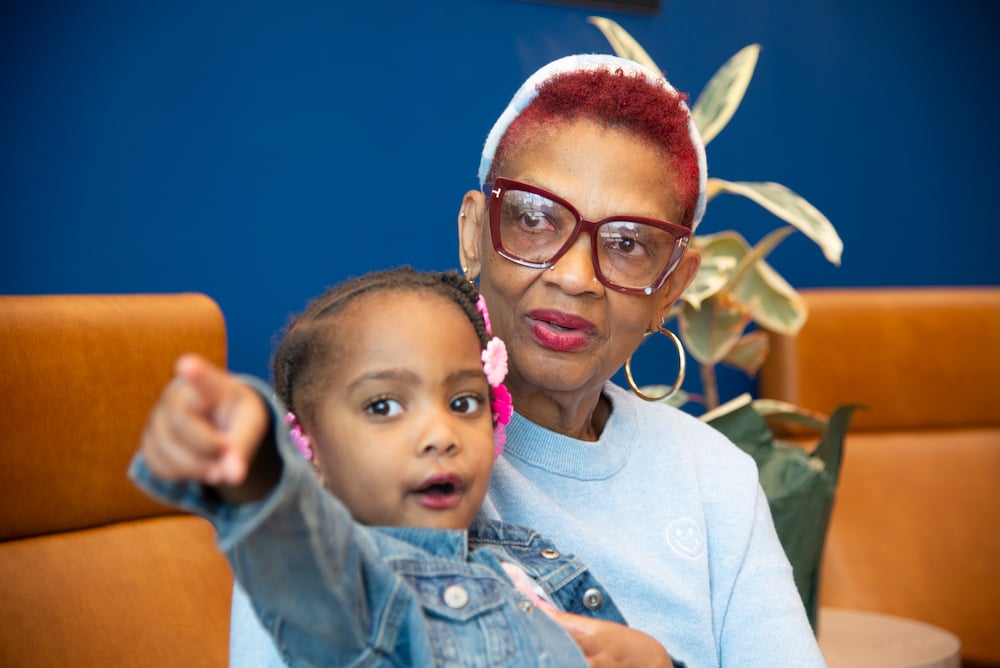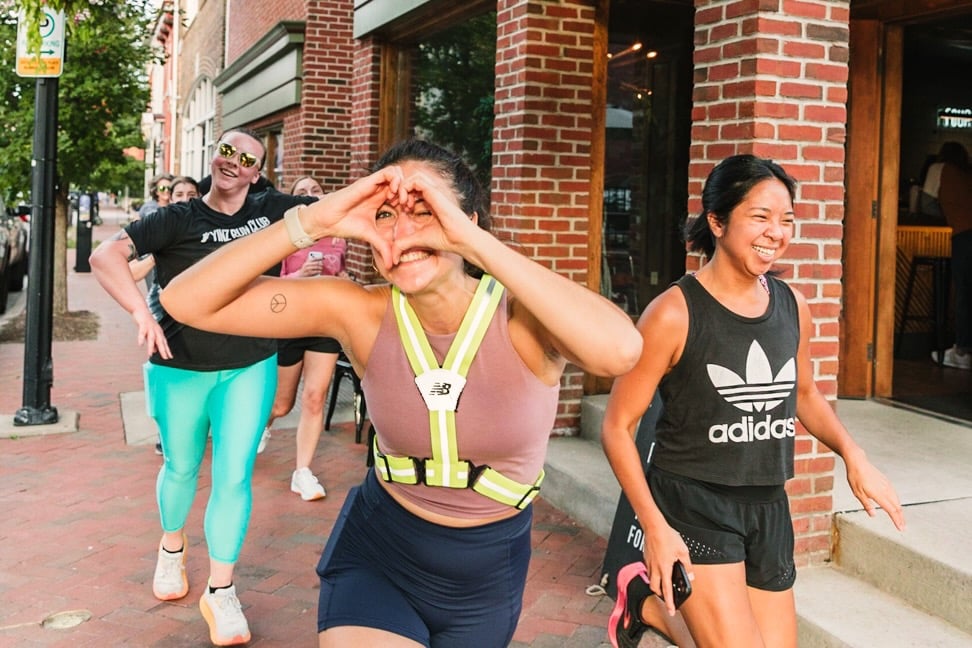Who Cares For The Caregivers? The Iris Respite House In Moon Now Offers Them Self Care
The Caregiver B&B being opened by Lisa and Charles Story is the first in the region — and possibly the nation.
Annie Ross of Monroeville has been the sole caregiver for her husband, Joe, for the past six years.
Watching her high school sweetheart and best friend change before her eyes by a form of dementia has taken its toll. He has behavioral variant frontotemporal degeneration, which changes a person’s behaviors and leads to apathy and a progressive decline in socially appropriate behavior, judgment, self-control and empathy.
“It’s heart-wrenching,” she says. “He was the most gentle, kind, giving, loving and humble man. He was raised to take care of his family. Now, he can’t do that for me anymore. I can see how it crushes him, how it guilts him to see me struggling to do what we used to do together to maintain everything. After all that, I’m just too tired to take care of myself.”
Ross, 63, has sought solace in Hope Grows, a Moon nonprofit started by Lisa Story 12 years ago to provide counseling and phone and virtual support to caregivers.
In the nonprofit’s latest project, Lisa and her husband, Charles, recently opened their home and healing gardens at 183 Shafer Road to start the Iris Respite House bed and breakfast to give caregivers a much-needed break.
It’s the first of its kind in the region, and possibly the country, says Dr. David Nace, chief medical officer, UPMC Senior Communities and assistant professor of medicine, University of Pittsburgh Division of Geriatric Medicine.
“I think it’s a need that’s unmet,” he says. “Caregivers might not have the income they had previously or have diverted funds, so taking a vacation may not be possible. This is a chance for them to step out, get out of the environment they were in and give their mind a break from the stressors to allow their creativity to come back.”
Ross agrees.
“I could go to a spa or hotel, but it won’t be the same,” she says. “It’s certainly not the same as being with people of a like mind. It also gives me more juice so I can be there for him.”
Roots of Support
Lisa, a certified horticultural therapist, licensed professional counselor and certified thanatologist with experience working in hospice and grief, started her nonprofit after experiencing her own life challenges.
“When my father passed away in 2005, I had never really grieved the death of my mother, who died 20 years prior,” she says. “So, I was grieving them both at the same time. I was looking to heal, so I retreated to nature. That’s when I was starting to heal.”
Creating the beautiful gardens around her home, each with a different theme, were the result of her healing process.
Once she developed the mission for Hope Grows she began researching what was lacking in the Pittsburgh region in the healing process. She discovered that caregiver support is not common in the area. She also notes 1 in 5 Americans is an unpaid family caregiver. Hope Grows now serves 1,300 caregivers in nine states.
The idea for the respite house bed and breakfast was planted in 2011.
“I went to my husband and said, ‘What do you think about turning this place into an overnight bed and breakfast for caregivers?’ He said, ‘Have you lost your mind!?’” she laughs. “He eventually came around, and I couldn’t do any of this without him.”
They waited until their children were grown and had left the house, then learned their property was already zoned for a bed and breakfast.
The Storys received the greenlight from Moon officials to renovate their home and opened in March. The blue-bearded iris is the theme of the b&b because it is the flower that represents caregiving.
“Our mission is to inspire hope through nature while empowering caregivers to seek wellness of mind, body and spirit,” Lisa says.
What it Offers
The Iris Respite House currently has two bedrooms, each with a private bathroom, ready for caregivers to rent for a night or two. The house will eventually have four bedrooms when renovations are complete. The Storys plan to build a smaller home on their property so the b&b can be its own entity, run by a house manager.
The b&b also has a chef and their horticulturist, Jessica Giannotta, tends the gardens.
A room at Iris House costs $150 a night. Family Hospice, a 42-year-old organization that is now part of UPMC, has applied for a grant to help offset the cost for caregivers staying in the b&b.
The house offers breakfast, the eight healing and restorative gardens — The Garden of Hope, The Garden of the Inner Child, The Garden of Harmony and Peace, The Pollinator Garden, The Garden of Faith, Pap’s Garden, The Garden of Intent and The Garden of Rest — a trail on 2.5 acres and access to mental and emotional counseling from a clinical team of mental health professionals.
Other features include a large enclosed sun porch, an indoor pool, the skylight-flanked living room and kitchen. The Storys also are hoping to add spa and salon facilities downstairs so guests can schedule a massage or get a haircut. Future plans also include a labyrinth, pond, chapel area and forest garden.
“It’s hard enough for them to get to the store, let alone get a haircut. It’s an opportunity to give them a break,” Lisa says about caregivers. “We will also offer weekly activities, integrative therapies and more. It will basically be a retreat that’s geared toward caregiving.”
Lisa notes it is tough for caregivers to let go of guilt long enough to understand the crucial need for self care.
“Part of what we work on is guilt, loss and regret. We strive to do this through a positive, mindful, holistic approach. It’s important for you to take care of yourself.”
Ross refers to Hope Grows as her “safe space” and touts its support groups.
“It brings me such deep joy to know that we can be ourselves and not have to explain, explain, explain,” she says. “People who aren’t caregivers just don’t understand. It’s so nice that I can go there and be myself; the energy that we carry in that moment is ours.”
Need Continues to Grow
Nace of UPMC says the Iris Respite House comes at a time when it’s most needed.
“We have a shortage of caregivers and health care workers,” he explains. “Baby boomers are retiring and that workforce is shrinking. We knew this was a crisis before the pandemic, and since the pandemic, it’s blown up. We need to preserve the population of caregivers we have.”
Lisa says Hope Grows has grown exponentially since the pandemic began in 2020. She expects operations at the b&b to cost around $250,000 a year, with a portion offset by donations.
“The challenge with helping caregivers is that the issue does not tug at the heartstrings of the general public,” says Lisa. “People ask why insurance can’t pay for it, or they wonder what a tired caregiver is.
“You don’t understand it if you aren’t in it. Our biggest contributors are those who have gone through it.”



















